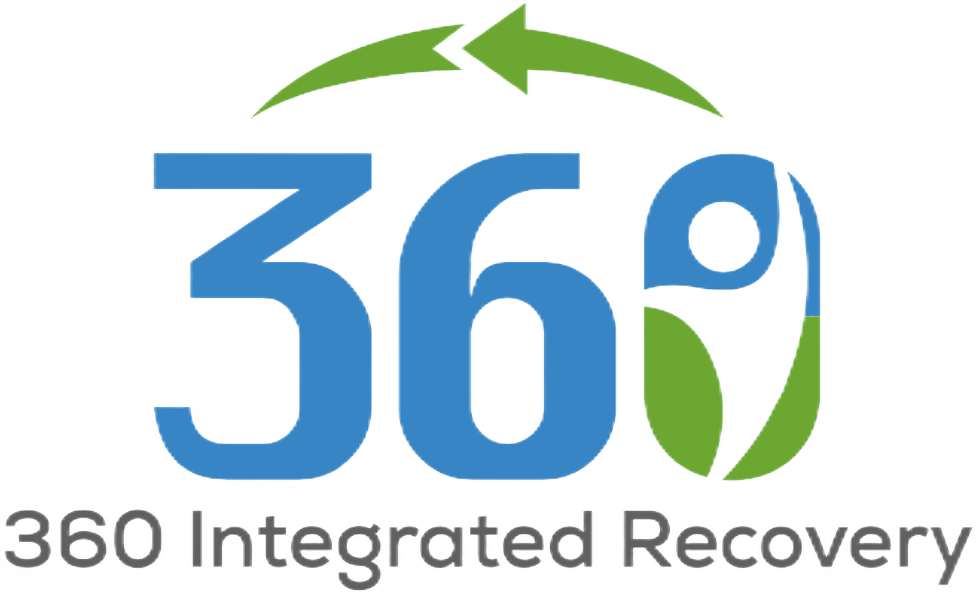In the arduous journey of addiction recovery, understanding the integral role of family is crucial. Family, in this context, extends beyond biological ties and encompasses those who form the primary support network for the person battling addiction.
Family as the Foundation of Recovery
Family support stands as a critical component of the recovery process. Often, family members are the first to recognize signs of addiction, and their influence can help persuade the individual to seek help. The journey, however, doesn’t stop at acceptance and admission to a recovery program. Families offer an ongoing, dependable source of emotional support, love, and understanding, vital during rehabilitation and beyond.
Post-treatment, the role of family takes on a different dimension. They have the power to maintain a recovery-oriented environment that aids in sustaining sobriety. This environment extends beyond the physical aspects, enveloping emotional and psychological realms as well. Recognizing potential triggers, promoting healthy habits, and providing emotional sustenance during moments of stress or temptation can significantly bolster recovery.
The Importance of Education
Sustained recovery heavily relies on adherence to aftercare plans. Here again, the family can take an active role. This involvement can range from accompanying the individual to follow-up appointments, participating in therapy sessions, to motivating them to engage with supportive community activities.
Knowledge is a powerful tool in the context of addiction recovery. Misunderstanding and stigma often surround addiction, causing more harm than good. When families educate themselves about addiction, the nuances of recovery, and effective support methods, they can better comprehend their loved one’s struggles, leading to more fruitful support.
Facilities such as the 360 Integrated Recovery center in North Hollywood, Los Angeles, emphasize education as part of their family-inclusive approach, helping families to navigate the complexities of addiction and recovery.
Self-care for Families
While families are indispensable allies in the battle against addiction, it’s crucial to remember the importance of their own mental and emotional well-being. The stress of dealing with a loved one’s addiction can lead to a host of adverse emotional responses and even health issues.
Centers like 360 Integrated Recovery recognize this, offering resources for family members. These resources allow families to explore their feelings, learn effective coping mechanisms, and build resilience, ensuring that they can continue to offer support without sacrificing their own well-being.
Unique Experiences, Personalized Solutions
Each family’s experience with addiction carries its unique set of challenges and nuances. That’s why personalized advice and strategies tailored to each family’s specific circumstances can be so effective.
Facilities that prioritize an integrated approach, like 360 Integrated Recovery, offer this level of personalized guidance, ensuring that every family receives the support they need to navigate their unique situation.
Recovering from addiction is more than an individual journey. By understanding and acknowledging the family’s significant role in this process, we pave the way for a more comprehensive, effective approach to recovery. This perspective not only helps to heal the individual but also works to restore balance and harmony within the family.
Remember, overcoming addiction is a shared journey, and the role of family within it is a testament to the old saying – together, we are stronger.




